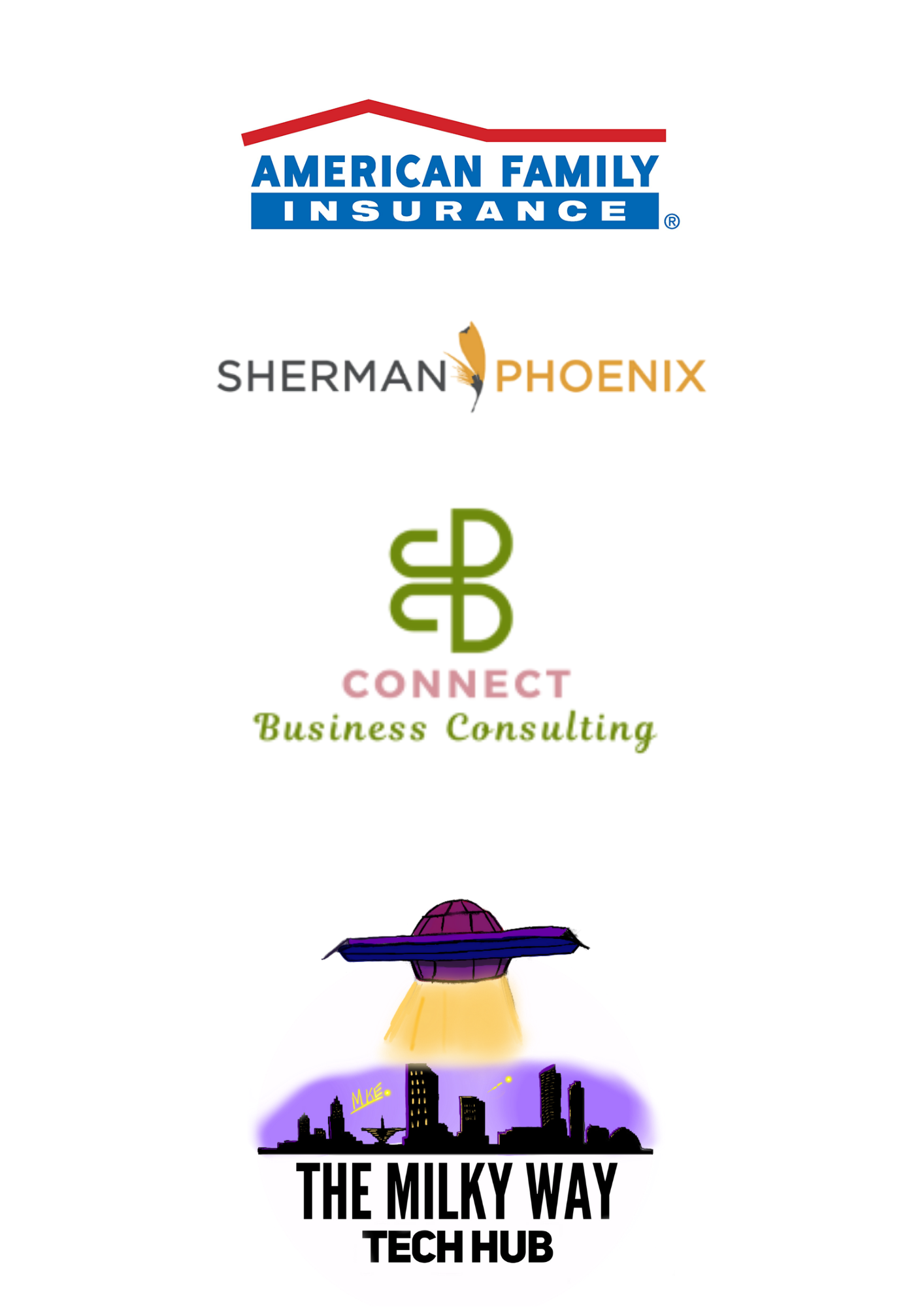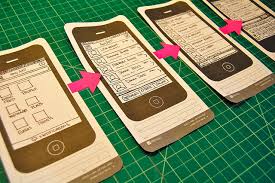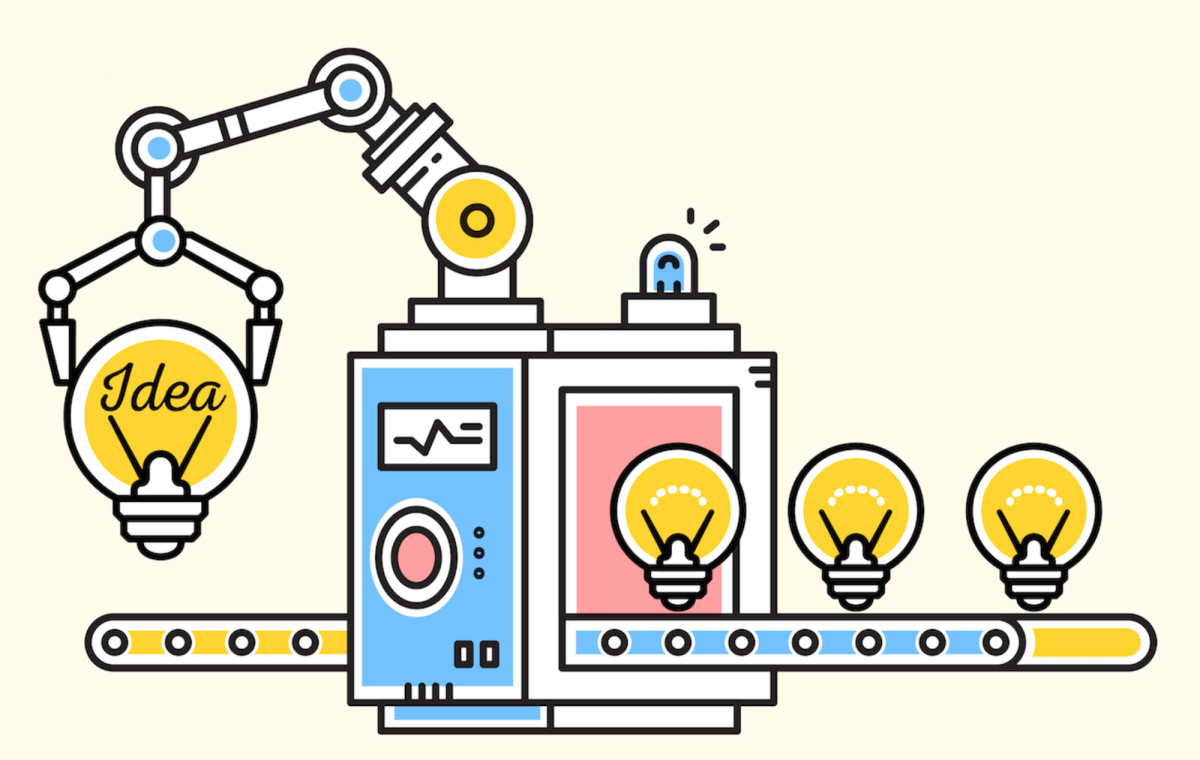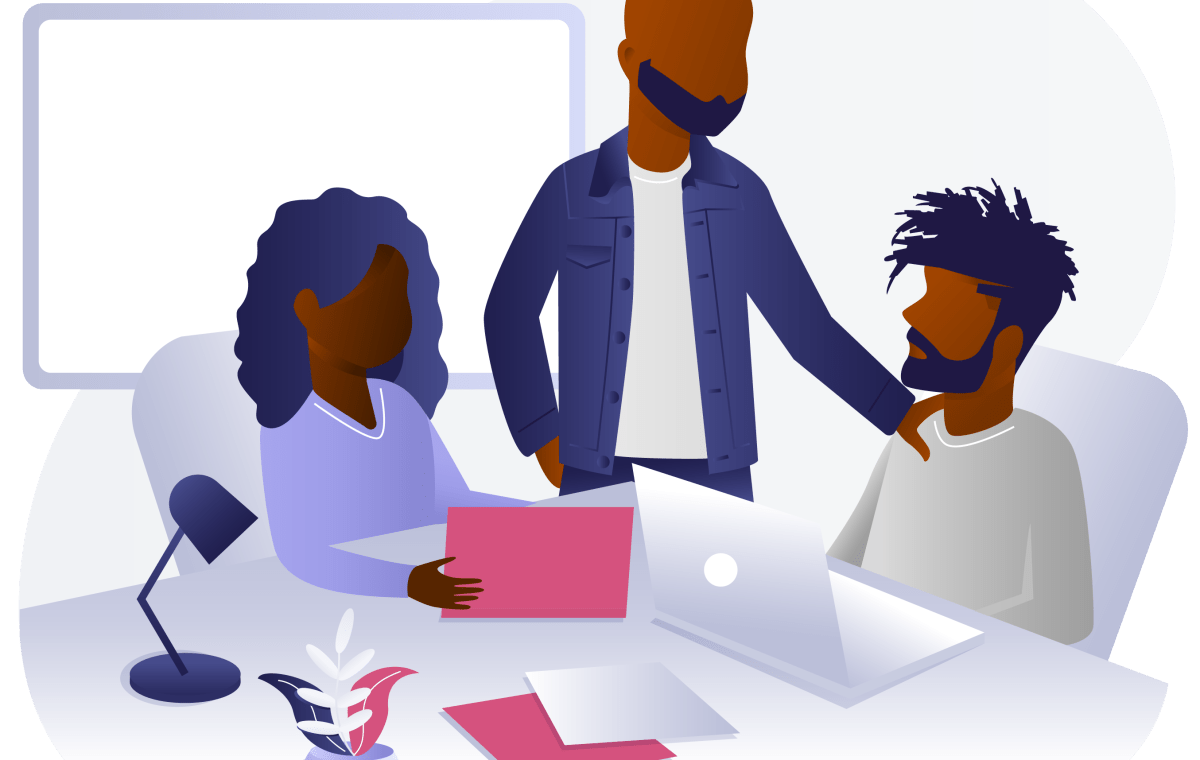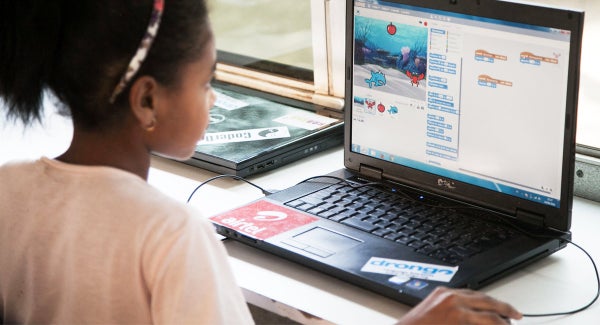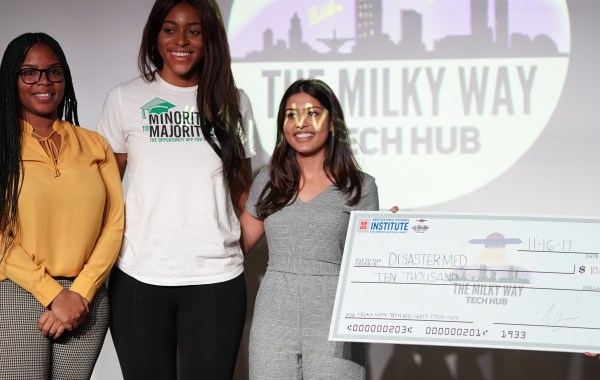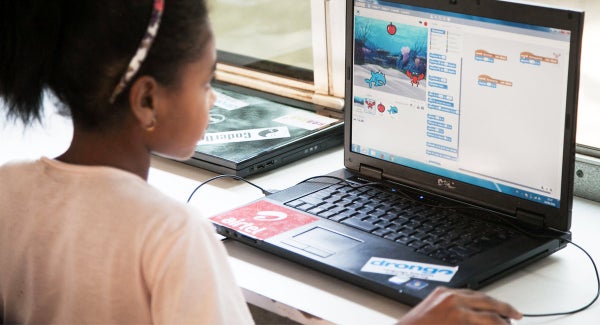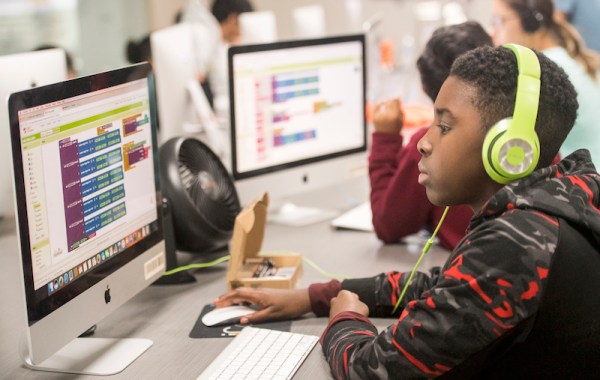Jasmine Chigbu is founder and CEO of Minorities to Majorities [MTM] , a company that aids underrepresented and low income students in calculating their financial needs and then connecting them with scholarship and grant opportunities. MTM is an active participant in the Milky Way Tech Hub community, having received both fund raising assistance and counseling through Milky Way Tech Hub’s entrepreneurship program. Chigbu, who has a master’s degree in biomedical sciences, conceived MTM after noting that there was a distinct lack of diversity in her undergraduate, graduate, and professional programs. In line with her experience and the need she identified, her company’s mission is to “serve the under-served and create a world in which students can pursue the education of their dreams without financial barriers.”
One of MTM’s short term goals is to raise operational capital. In 2018 Chigbu met Nadiyah Johnson, CEO and founder of Milky Way Tech Hub. Since that time, Milky Way Tech Hub has aided MTM in their mission by exposing them to different financial resources, helping them craft grant applications and pitch decks, and connecting them with various funding opportunities. In November of 2019, MTM placed second in one of the tech hub’s pitch competitions, raising its profile both in the Milky Way Tech Hub community and city of Milwaukee. As a result of the competition, MTM has been able to develop relationships with potential investors and sponsors including AMFAM Institute, a key supporter of Milky Way Tech Hub. More recently, Minorities to Majorities was awarded a $25,000 grant from Upwork. These funds will be leveraged to assist with operational costs and the development of the second phase of the MTM app. Based on the recent traction made in fundraising, Chigbu welcomes the opportunity to continuous collaboration with Milky Way Tech Hub on other fundraising efforts and connecting to local tech talent in the Milwaukee area.
“Our goal is to serve the under-served and create a world in which students can pursue the education of their dreams without financial barriers.”
Jasmine Chigbu
MTM’s long term goal is for all students who attend a U.S. public high school and identify as underrepresented or low income have access to and be aware of her platform. MTM also wants to reduce the student loan debt in the country among low income students by at least ten percent in the next fifteen years. The organization has taken steps towards their goal by conducting scholarship and financial management workshops, partnering with educational organizations like the HBCU college fair , United Way Houston, and Duke BOOST. Overall, they have connected with fifteen thousand students in ten countries. Milky Way Tech Hub is prepared to help Chigbu reach her goal by helping the company to hone its business strategy, navigating the start-up world and ultimately standing out in the marketplace.

